During last year's two sessionsthe annual meetings of the nation's top legislative and political advisory bodies — the State Council, China's Cabinet, said that some functions of the National Health Commission would be transferred to the Ministry of Civil Affairs.
It said the ministry would be put in charge of drafting policies and measures to address the aging issue and coordinating their implementation.
The commission will continue to devise policies related to the integration of medical care and elderly care and take charge of work related to the physical and mental health of the elderly.
The ministry said at a meeting in January that an elderly affairs bureau had been established within the ministry, and local civil affairs authorities would be required to set up such departments this year.
Meanwhile, China has accelerated the building of elderly care systems, with a national list of basic elderly care services released in May.
"Some regions have raised additional requirements and innovations based on the national version of the list," said Yu Jianliang, an official at the Ministry of Civil Affairs.
He added that central finances had been allocated to the building of related infrastructure in communities, and localities had been mobilized to give special care to seniors facing harsh conditions.
By the end of last year, the ministry said that about 235,000 homebased elderly care beds had been set up and 418,000 seniors had received door-to-door elderly care services at home. Nearly 1.5 million households with seniors had seen their homes upgraded to be more elderly-friendly.
The number of elderly care facilities nationwide topped 400,000, with 8.2 million beds, by the end of September. The ministry said 41,000 were elderly care homes, with the remainder community facilities.
Wu Yuxian, a 94-year-old resident of Hangzhou, Zhejiang province, was used to picking up meals by herself at a nearby public canteen. But out of safety concerns, the local community and her neighbors began ordering dishes online for her and delivering meals to her doorstep in recent years.
"I read a lot of newspapers every day and feel that my life is very fulfilling," she said during a recent interview with China National Radio. "I prefer staying in my home rather than going into a care home because in my neighborhood, I can still see a lot of young people around."
At the Beishan neighborhood where Wu lives, there are about 10,260 people age 60 and older, accounting for 30 percent of residents.
As part of efforts to develop a basic system for elderly care services, Hangzhou's city government called in August for each major neighborhood to build a community center capable of offering elderly care services by 2025.
Hu Xiaodong, an official in the Beishan neighborhood, said it had transformed a public facility into an elderly care service provider where seniors with disabilities can be admitted to beds and given access to professional care, while seniors like Wu who prefer to spend the rest of their lives at home can enjoy daily services such as meal deliveries and medical care.
The neighborhood authorities have also equipped the homes of 22 seniors — primarily those who live alone — with emergency push buttons and surveillance cameras. Staff will check footage twice a day to facilitate a prompt response to incidents.
Wu welcomed the renovation. "My home has also been renovated to incorporate elderly-friendly features," she said. "Now, I am able to sit down while taking a shower, and there is a handle and an alert device by my side when going to the restroom."
On top of ensuring the safety of the elderly and that their basic needs are being met, Hu said that it is important to improve rehabilitation and medical care services targeting the elderly.
"This year, we are planning to cooperate with a third-party organization to build a neighborhoodlevel rehabilitation and care station," he said.
In Southwest China's Chongqing, elderly-friendly renovations have not only been implemented at homes, but also the public facilities where the elderly tend to gather and hang out.
A courtyard in its Nan'an district has been fitted with slip-resistant tiles, and handles have been added to benches and chairs. New tables for table tennis — a sport favored by many elderly for its relatively low intensity — have also been installed.
The ministry said more efforts will be made this year to mobilize society to invest in and improve elderly care service systems.
On Jan 15, the State Council unveiled a series of measures to promote the "silver economy", calling on the public and private sectors to make investments and innovations in products and services for seniors.











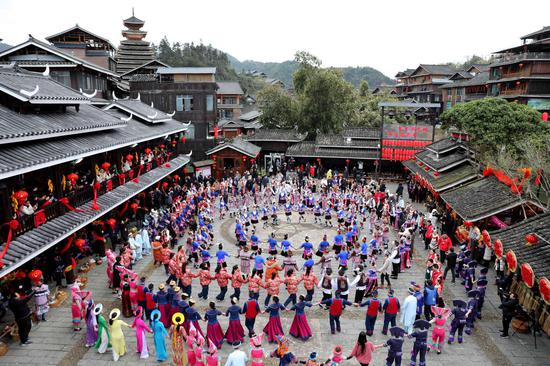


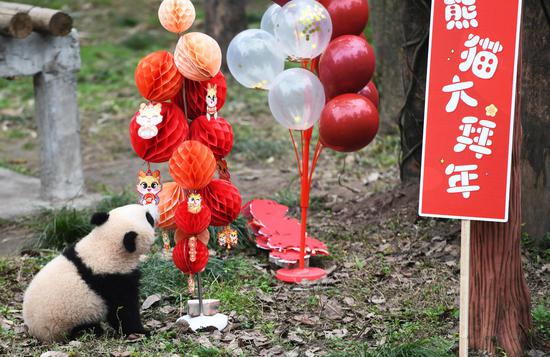

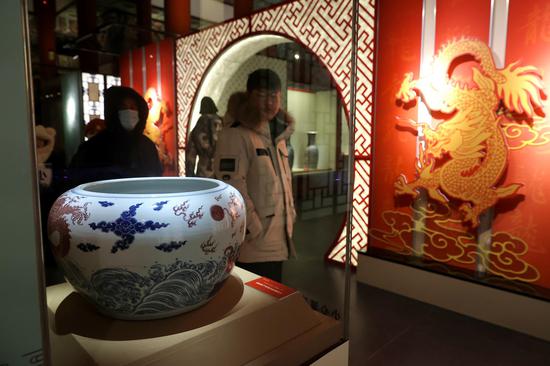


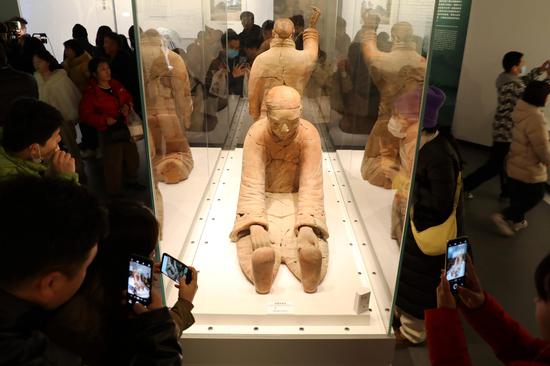




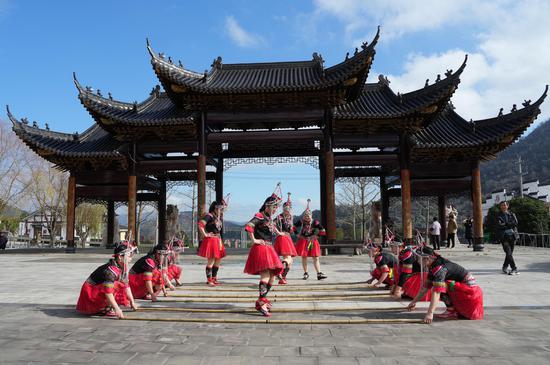



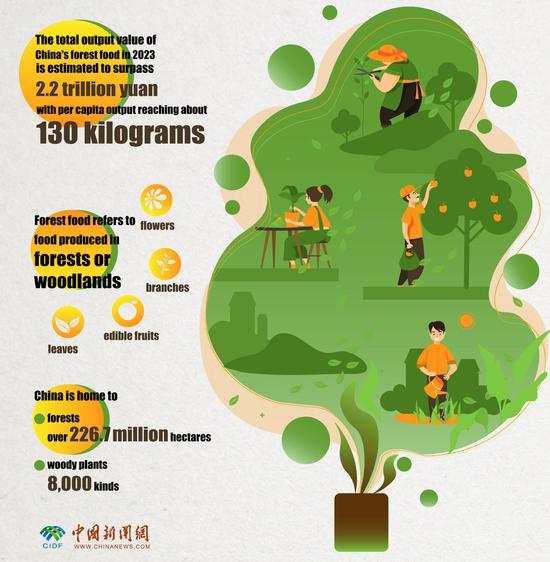

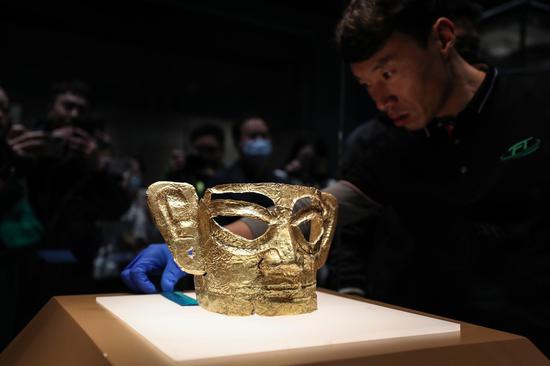
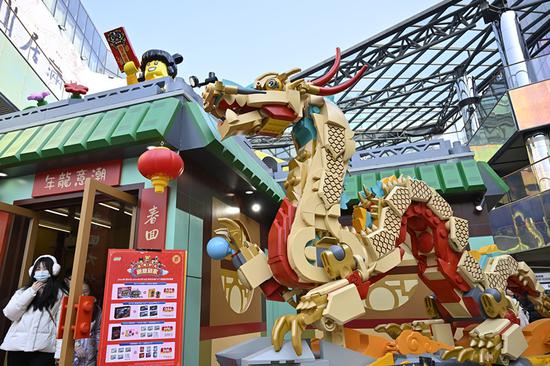

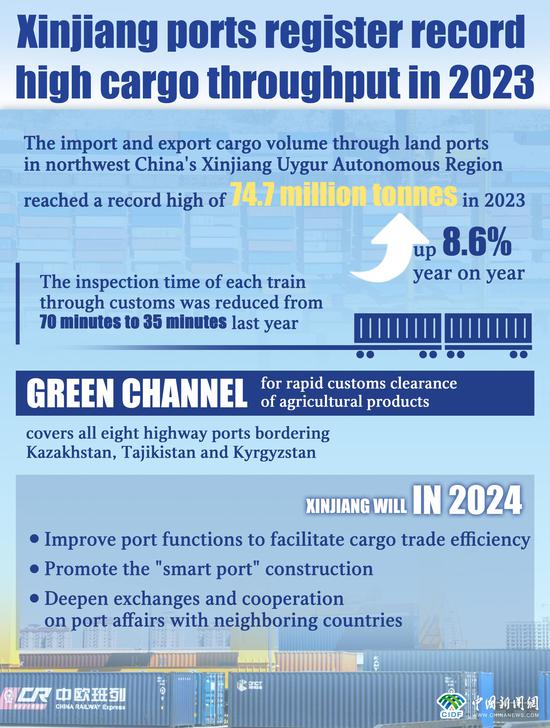

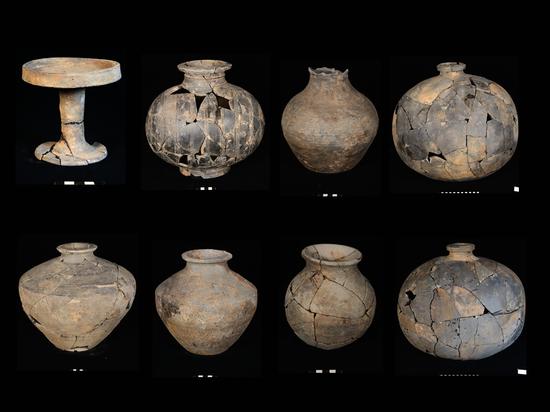




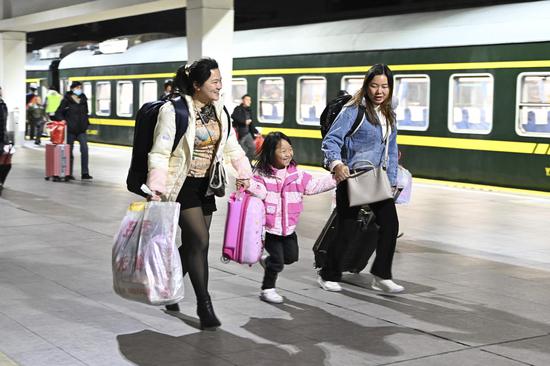

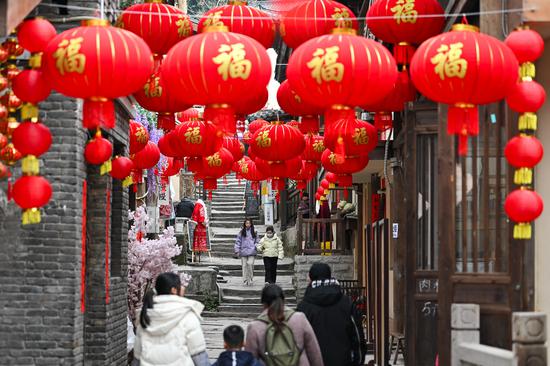







 京公网安备 11010202009201号
京公网安备 11010202009201号